
by Angie Briceño | Oct 15, 2021
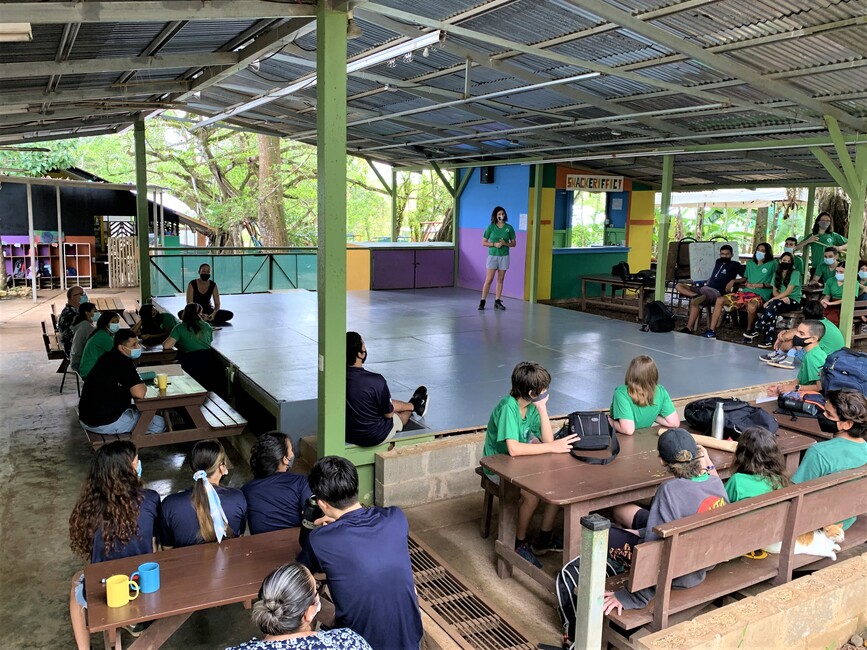
We are starting the new academic year and our second year of transition to the international calendar. We congratulate all families and students on successfully concluding this short and fast-paced academic year and thank you deeply for your commitment to Futuro Verde.
We celebrate this new year with the reinstatement of music classes for preschool through 10th grade. We offer a new and exciting arts program. In addition to the reinstatement of music, we continue with art classes, and we will be including a theater class in elementary and theater and dance in middle school.
Having a strong Arts program as part of the school curriculum benefits the overall development of any individual. Some of those benefits may include:
- Increases self-esteem
- Boosts creativity
- Improves communication
- Encounter different sensory experiences that help the human being from a young age to develop other cognitive abilities, among others.
In the middle years (7°-9° grade) we have included new electives where students can choose between Robotics, Personal Project and Community Project. These last two are what the IB calls ¨MYP (Middle Year Programs) Projects¨.
MYP projects are student-centered and age-appropriate and allow students to engage in hands-on explorations through a cycle of inquiry, action and reflection. MYP projects help students develop the attributes of the IB learner profile; offer students a significant opportunity to demonstrate the learning focus skills developed through the MYP; and foster independent, lifelong learners.
The community project focuses on community and service, encouraging students to contribute to the community welfare through their service project. The personal project offers students the opportunity to undertake independent, age-appropriate exploration in an area of their interest. (International Baccalaureate Organization 4).
We are very excited that our 7th-9th graders will be able to explore these two options ,or Robotics, and broaden their educational experience.
Last but not least, we have added swimming lessons through 6th grade, so students from Pk to 6th grade will be enjoying this wonderful sport.
A warm welcome to the 2021-2022 school year and second year of transition! See you back on November 5th!
References:
International Baccalaureate Organization. Community Project Guide. International Baccalaureate Organization, 2021. United Kingdom International Baccalaureate Organization. Personal Project Guide. International Baccalaureate Organization, 2021. United Kingdom
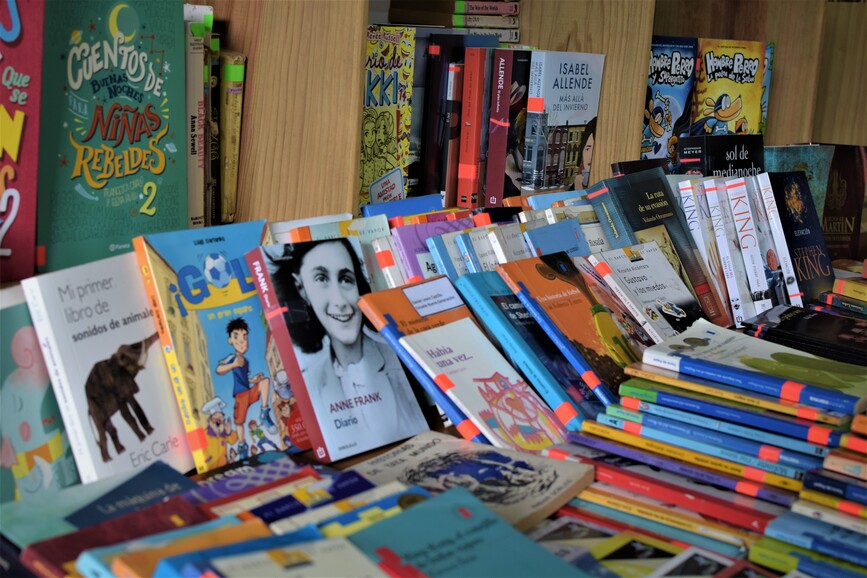
by Hileyn | Oct 1, 2021

In the Peninsula sector, especially in the area of Paquera, Tambor, Cóbano, Montezuma, Santa Teresa and surrounding areas where there are more than seven thousand people, access to information is scarce due to the lack of libraries in the area, both public and private, Attempts have been made by the municipality to create a library in the area, but with results that ended up closing its doors in the short time it was open and the nearest public library is more than 100 kilometers away.
This literacy problem is accompanied by the problem of poverty, according to INEC in 2020 ”the Central Pacific region is the one with the highest level of poverty and extreme poverty with 34.7% and 11.3% respectively”. This raises social alarms to extreme levels, and the need to do something to help the community to overcome this socio economic crisis.
With the renovation project of the library space, a computer lab, conference rooms, 8,000,000 physical books and a database, and trained personnel, the first community library is planned to meet the needs of the nearby population.
In November, the pilot plan for the community library will begin, working hand in hand with different governmental and private organizations, including the National Women’s Institute (INA), COPROBRI, and the Ministry of National Planning and Economic Policy (MIDEPLAN).
We will be working with approximately 25 families, who are already in different social programs in the area, offering workshops for children in literature, arts and languages, financial, computer, cooking and language training for women heads of household.
All activities go hand in hand with the implementation of the Sustainable Development Goals (SDGs), which propose ”global goals to eradicate poverty, protect the planet and ensure prosperity for all as part of a new sustainable development agenda” (UN).
Scholarships of up to 100% will be given to low-income people and they will have the priority of attention in each of the opportunities, in addition to a volunteer opportunity.
We need all the help possible for this social action project to achieve the expected success for the whole community, that is why if you want to be part of this initiative, please do not hesitate to contact directly the person in charge biblioteca@futuro-verde.org
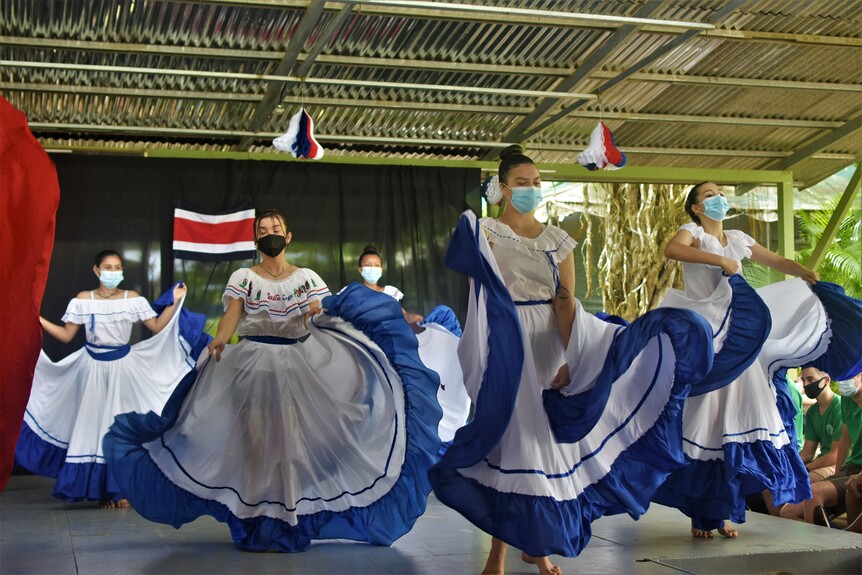
by Karol Madrigal | Sep 20, 2021

The month of September is a month of celebration throughout Central America and, for this reason, in Costa Rica, for example, we call it “the month of the homeland”. This is because on these dates each country celebrates the important process that began the night before September 15, 1821, when the representatives of the towns that previously made up the Captaincy General of Guatemala, decided to draft a document to demand to declare themselves independent from Spain. Those people who fought together for their sovereignty in those years, are the current nations of Guatemala, Honduras, Nicaragua, El Salvador and Costa Rica.
In this way, events such as the journey undertaken by students from all over Central America with torch in hand, which begins on September 1 leaving Guatemala and ends, when it has passed from country to country, arriving in Cartago, Costa Rica on the night of September 14. This commemorates the journey that was made to bring the news of independence to each nation of the Captaincy, which was made with a torch that illuminated the way and today is a symbol of freedom.
At the end of the torch’s journey in Cartago, when it is received by the president of our country, it is customary to start the parade of lanterns, which reminds us of the moment when the neighbors of Guatemala went out at night, with lamp in hand, around the place where the act of independence was being drafted, to demonstrate their enthusiasm and support for such a decision.
However, the celebration does not end like that, since the news of independence generated so much joy among the people, that we can remember how every September 15 the streets were filled with the beating of drums and colorful parades that reflect the joy with which the Central Americans started on that road to freedom.
It has been 200 years of journey, in which they have struggled to build a solidary, peaceful and hard-working nation. The journey has not been easy and we are far from being a perfect nation, but we can feel grateful to have a soil that gives us shelter and provides us with tranquility and stability.
Whether it is because we were born in this little piece of land, or because at a certain moment we decided to make it our home, let us feel privileged to be celebrating another year of freedom.

by Futuro Verde | Aug 4, 2021

As you may know, the IB learning community profile is guided by certain principles, principles that all Futuro Verde students embrace, giving an opportunity for each student to explore themselves, get to know themselves, and grow in a more holistic way.
One of my favorite ones is “Knowledgeable”, because as you may have heard: “knowledge is power”.
For many reasons (lack of information, fear, taboos, social opinions, etc.), women have had a hard time approaching the complete knowledge of menstruation. Without realizing it, we are giving away a super power we have: to ovulate! Yes, ovulation and all that implies. In fact my menstrual cycle teacher (yes, I have a teacher about this subject) says that the cycle should be called “ovulatory cycle” and not menstrual cycle, and I completely agree.
The cycle involves a coordinated and important movement of hormones throughout the month and ovulation is our official “tracker” of whether everything is going right or something is wrong (again, yes! Ovulation). It is so important for our health that Dr. Lara Briden devoted an entire book to explain why it should be considered our fifth vital sign.
That is why it is essential that girls begin to learn, before their menarche (their first menstruation), the whole experience of the menstrual cycle. They must learn how to read and record all the information that the menstrual cycle can give them.
Knowing themselves and the processes of their body and hormones will help them take care of their health in a more comprehensive way. They will also be able to detect health problems, eat according to the stage they are in, among many other things they can do with this information.
I told you, we have a super power!
During the menstruation workshops that I will be teaching to the fourth, fifth and sixth grade girls, we will learn about the complete experience of the cycle. We will learn the name of all the body parts involved and we will also be able to understand what happens from a creative and energetic level at each stage (and any other concept related to it). I must admit that I am very excited! Getting to know myself at this level has changed my life and my perception about myself, now it’s our student´s turn!
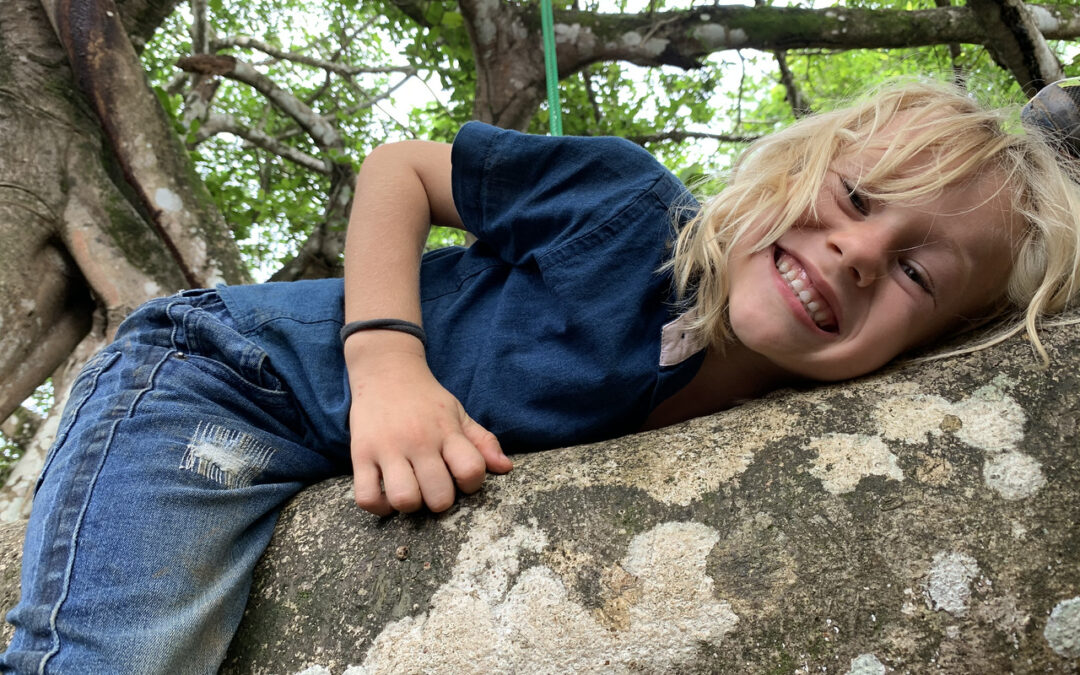
by Stephanie Nuñez Jiménez | Aug 4, 2021
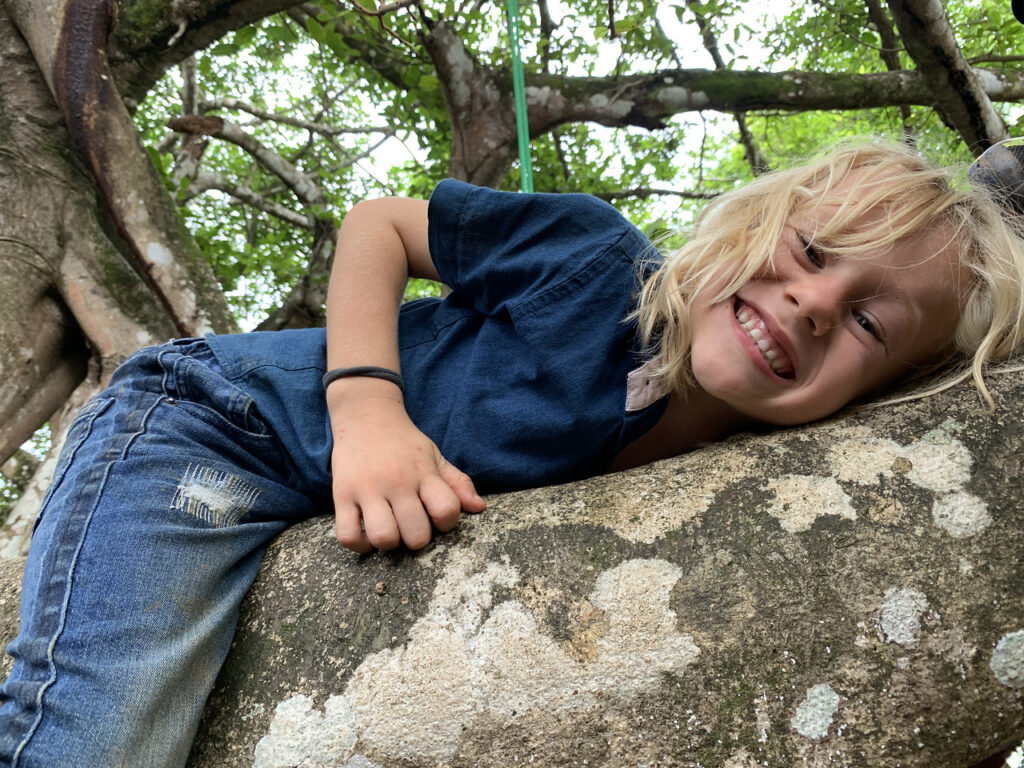
Here in Preschool it should come as no surprise that our priority is…FUN!
Yes, we are responsible for our student’s first experience of what school is and yes, we take that responsibility very seriously.
Yes, our students learn about the structure of school and what the expectations are for their behavior.
Yes, our students are learning how to socialize with other students, how to form friendships and how to resolve conflicts.
Yes, our students are engaged in a rigorous academic program where they are obtaining the basic skills of literacy, numeracy and critical thinking that they will require to succeed in future grades.
BUT… our philosophy of instruction is based on PLAY. Multiple studies over decades of research have shown that all students, but especially those 6 and under, learn most effectively when they are enjoying the learning process. In our classroom, we ensure that our instruction is play based by providing a variety of activities for our students to choose from during center time, allowing our students autonomy over their learning. We build up our skills to work on whole group projects, and go on journeys of investigation as a class. We allow the students to explore the concepts of each unit, taking into account a variety of learning styles: auditory, visual, reading and kinesthetic.
We are honored to be charged with the facilitation of an engaged and enjoyable relationship with learning for our littlest school citizens. We thank you for reading and leave you with one suggestion ….go outside and PLAY!
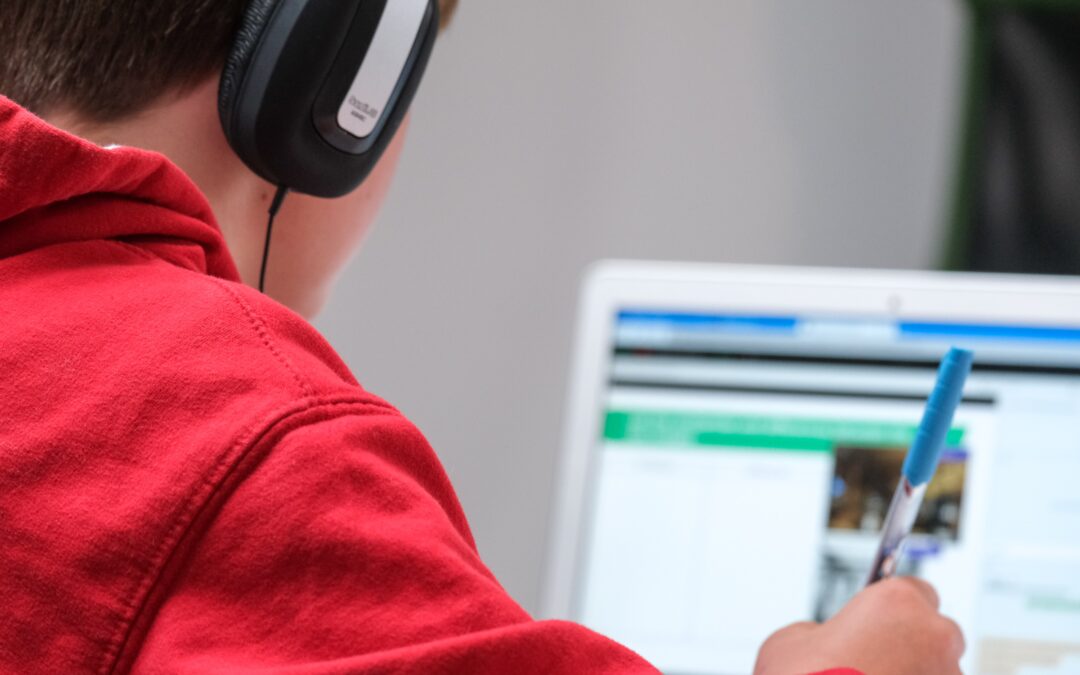
by Angie Briceño | May 15, 2021
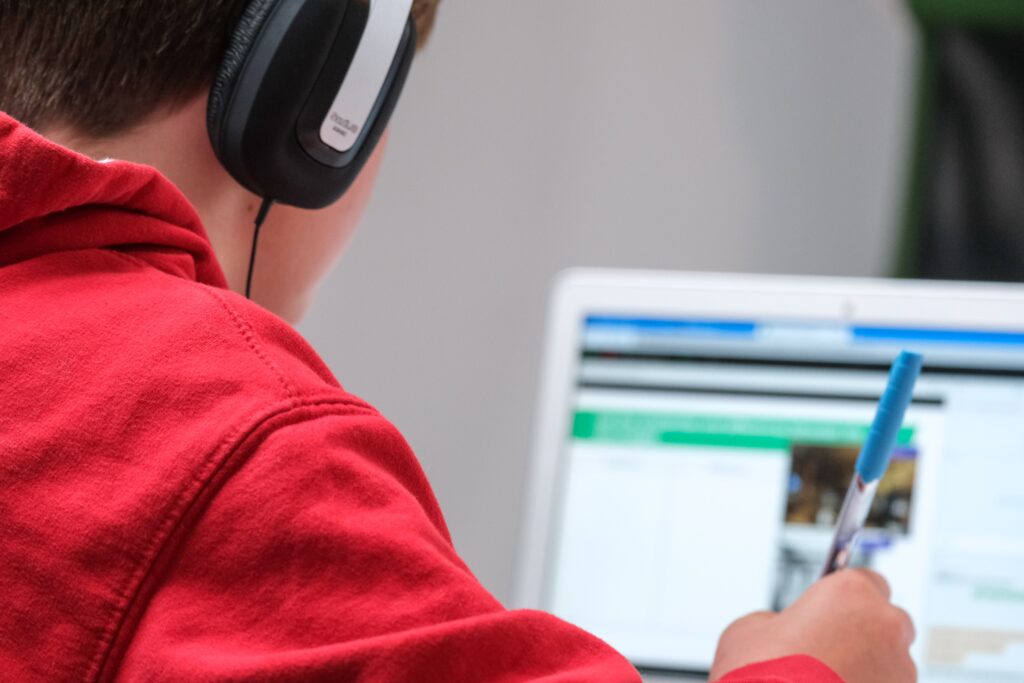
During this time of uncertainty, where the number of cases in our area has been increasing, Futuro Verde continues to work in order to provide educational services to all of our students. We improve and learn day by day which leads us to offer the modality of virtual lessons and in campus lessons. Our goal is to offer spaces for students where they can continue with their lessons without interrupting their learning process.
A group of teachers and members of the administrative team have worked hard creating the virtual schedules shared above and we will continue working on improving and offering the best virtual education to students when necessary.
It is important for you to consider that even though due to the positive cases of Covid-19 that have been presented in the past and that have forced us to change to on-line lessons in certain grades, these classes are still just as important as the in-person ones. We would like to share with you some tips to follow during these weeks:
- Keep basic materials handy, such as a notebook, white sheets of paper, and a pencil case with supplies.
- Follow the virtual class schedule so that your child can be accompanied by the teacher synchronously and asynchronously throughout the day.
- Contact the teachers at the end of the week and stay informed of your child’s progress.
If you have any questions, all the teachers and staff are here to help.









